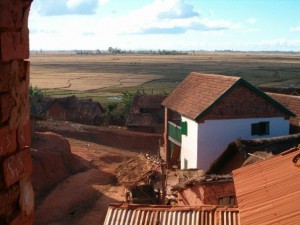This blog has been nominated in a few categories in the annual Aid Bloggers Best Awards (ABBAs) organized by Tom Murphy over at A View from the Cave.
I am not making any money off of writing this blog — in fact, it actually costs a few hundred dollars every year to operate — which is why it is quite an honor to get nominated, and it’s an even bigger honor to be nominated in this many categories. If you like my writing, I encourage you to vote for this blog by clicking here.
Disclaimer: The above video is included as a bit of levity and should not be interpreted as a death threat, implicit or explicit, under any circumstance.
